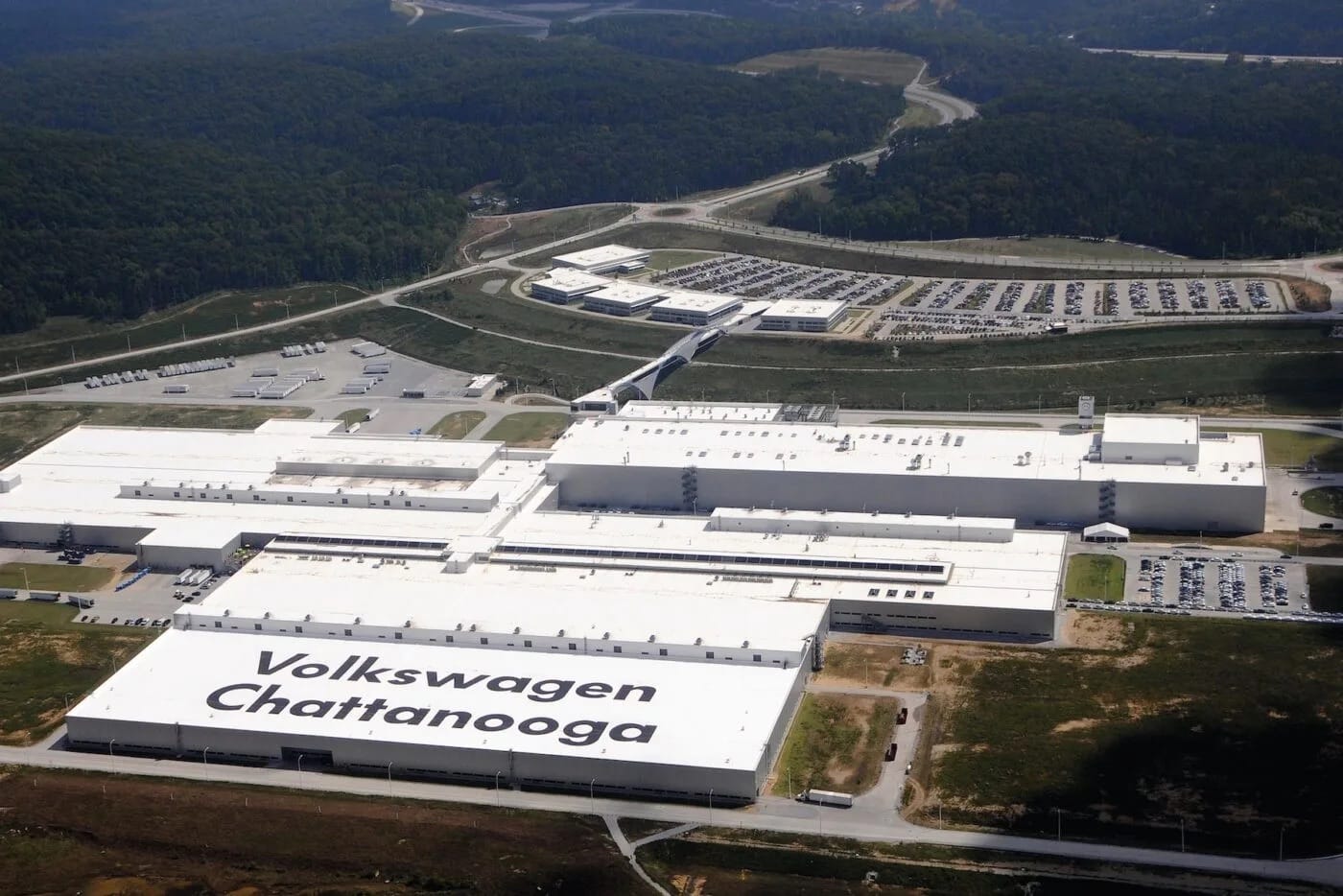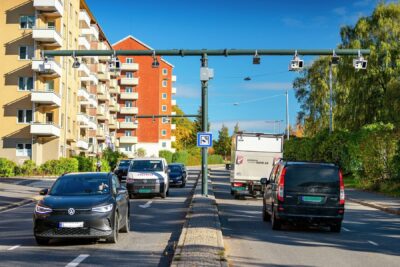Audi considers building ‘twin plant’ to VW facility in Tennessee
A new Audi plant located near VW’s Chattanooga site, which opened in 2011 and currently builds the all-electric ID.4, would offer strategic benefits. Audi could tap into existing VW planning and logistics infrastructure, reducing construction time and cost, according to the German Handelsblatt. The carmaker would also gain access to the established supplier network of the Volkswagen Group in the region.
This aligns with a Spiegel report from June, suggesting that Audi prefers to build a dedicated facility in the southern parts of the US. Alternative scenarios – such as using VW’s existing Chattanooga plant or the Scout facility under construction in Blythewood, South Carolina – now appear to be off the table. Ground was broken for the Scout plant in February 2024.
Trump’s tariff policy puts pressure on Audi
Audi finds itself under pressure due to tariff measures introduced by US President Donald Trump. The carmaker currently has no production footprint in the United States and relies on exports from its EU sites and a factory in Mexico that has been in operation since 2016. The Mexican plant currently assembles only the Q5 – in both ICE and PHEV variants – while all other Audi models sold in the US are shipped from Europe.
Vehicles imported from Mexico now face a 25 per cent tariff in the US, with further increases to 30 per cent already signalled. For years, exports from Mexico were exempt from tariffs under a free trade agreement, a key factor in Audi’s decision to locate production there. Meanwhile, imports from the EU could soon be subject to a 15 per cent tariff – six times higher than the long-standing 2.5 per cent rate, though still lower than the temporary 27.5 per cent level (2.5 per cent base plus 25 per cent penalty tariff).
Audi doesn’t need more capacity
Back to the proposed Chattanooga plant: Audi’s executive team is reportedly still weighing the final decision. The brand doesn’t currently require additional production capacity, but it fears a sharp drop in US sales if tariffs are passed on to customers. That would push retail prices up and potentially impact volumes. Audi recently sold around 200,000 vehicles per year in the US.
According to Handelsblatt, CEO Gernot Döllner and the board are now revising Audi’s strategy and sales targets. The new plan foresees annual US volumes rising to between 300,000 and 400,000 units. Globally, Audi is aiming for 2.2 to 2.3 million vehicles per year – up from the current figure of around 1.7 million.
Hope for a deal with Trump
The proposed Chattanooga site could contribute an annual capacity of between 150,000 and 200,000 vehicles. It remains unclear which models would be built there. One possible catalyst for the decision: VW Group CEO Oliver Blume is reportedly seeking a deal with the Trump administration to offset new investments in the US with a reduction in import tariffs on vehicles from Europe and Mexico. Neither Audi nor VW is likely to fully localise production of all US-bound models, meaning imports will remain a necessity going forward.
handelsblatt.com (in German)
This article was first published by Florian Treiß for electrive’s German edition.





0 Comments